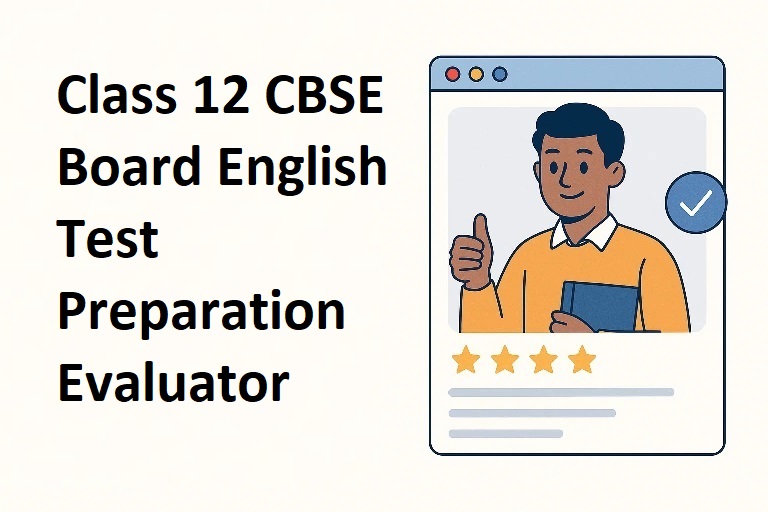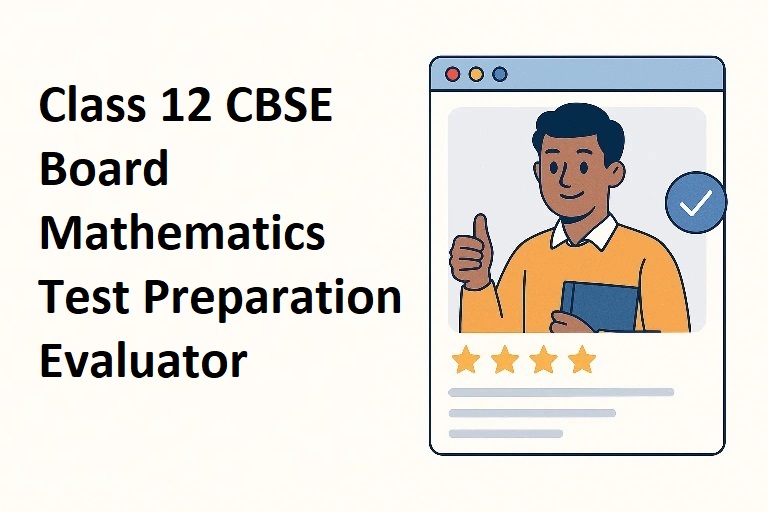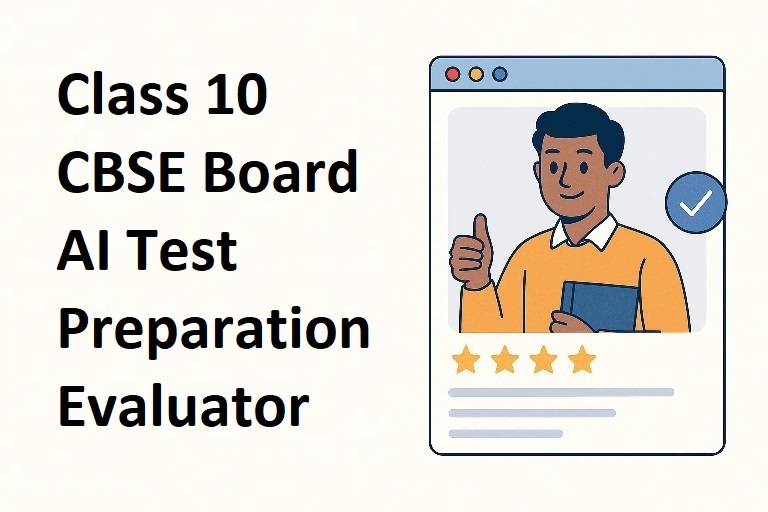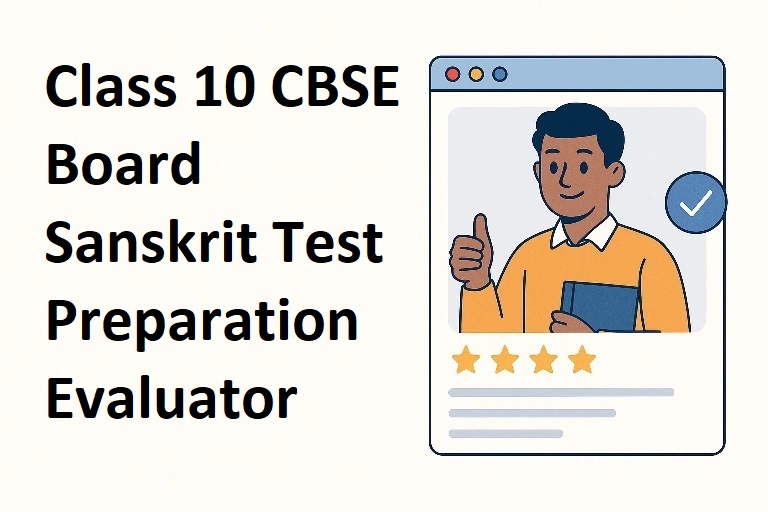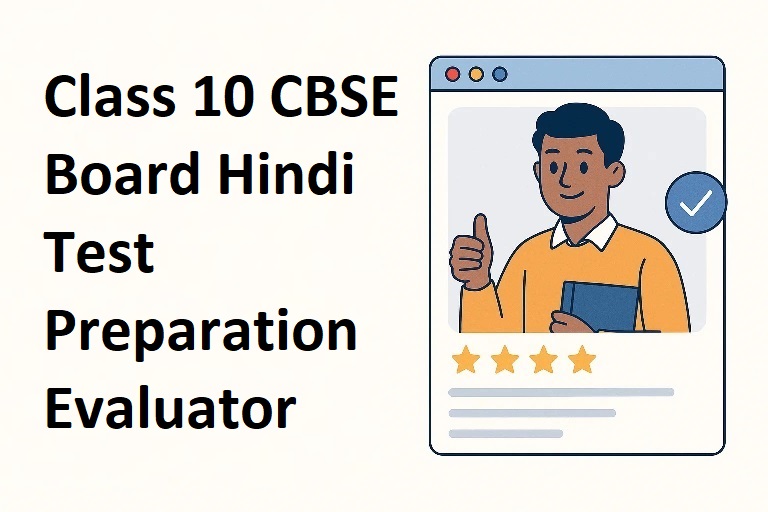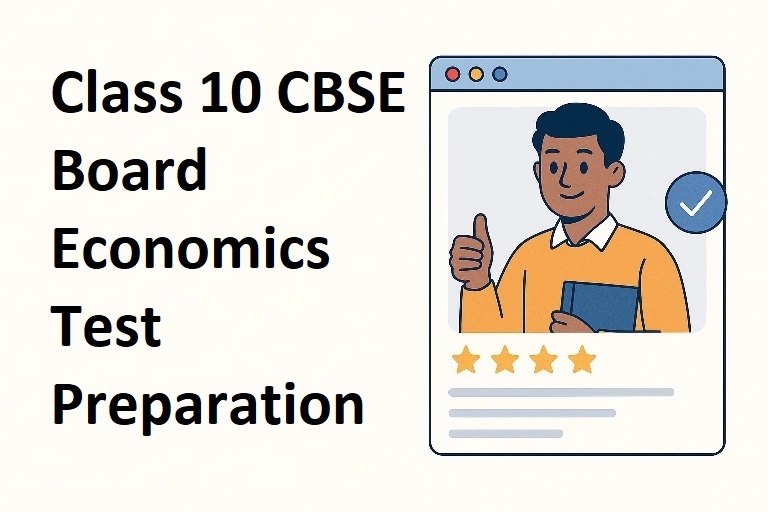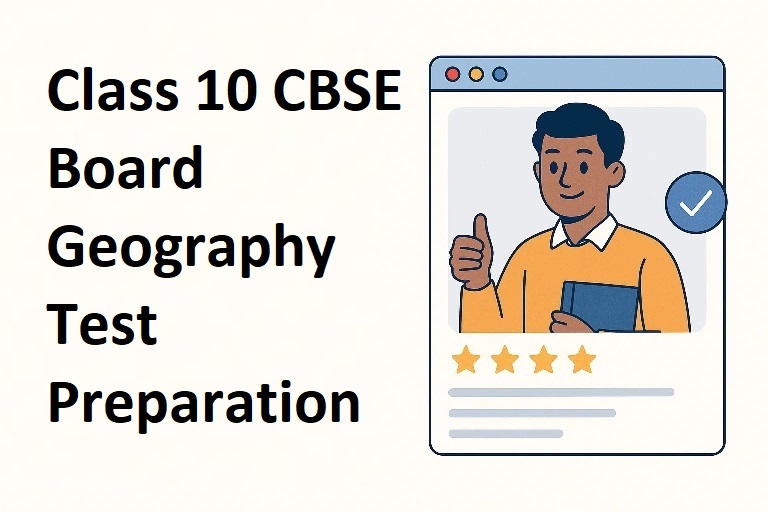Preparing for the Class 12 CBSE Board English Exam requires regular practice, concept clarity, and topic-wise revision. To help students improve their scores and confidence, IndiaTutor.in offers a free online English practice test specially designed for Class 12 students. This test includes important questions based on the latest CBSE syllabus and blueprint followed by leading schools and coaching institutes.
Our MCQ-based online English test helps students:
- Test their understanding of every chapter
- Identify strengths and weak areas topic-wise
- Improve problem-solving speed and accuracy
- Practice exam-style questions in a real-time format
- Learn with instant evaluation and answer key
Whether you are preparing for the final CBSE Board English exam or school tests, this Class 12 English preparation test is ideal for self-assessment, revision and performance improvement.
What’s included in this free online CBSE Class 12 English MCQ test?
- Important objective-type questions
- Latest CBSE exam pattern & chapter-wise coverage
- Time-based test for real exam experience
- Detailed result, score, and correct answers
- On-screen performance feedback and analysis
Why take this Class 12 English practice test?
This test helps students understand where they stand before exams and how much more preparation is required. The assessment is designed by educators to improve subject knowledge, reduce mistakes, and increase confidence for the CBSE Board English examination.
Start the test and evaluate your preparation level.

